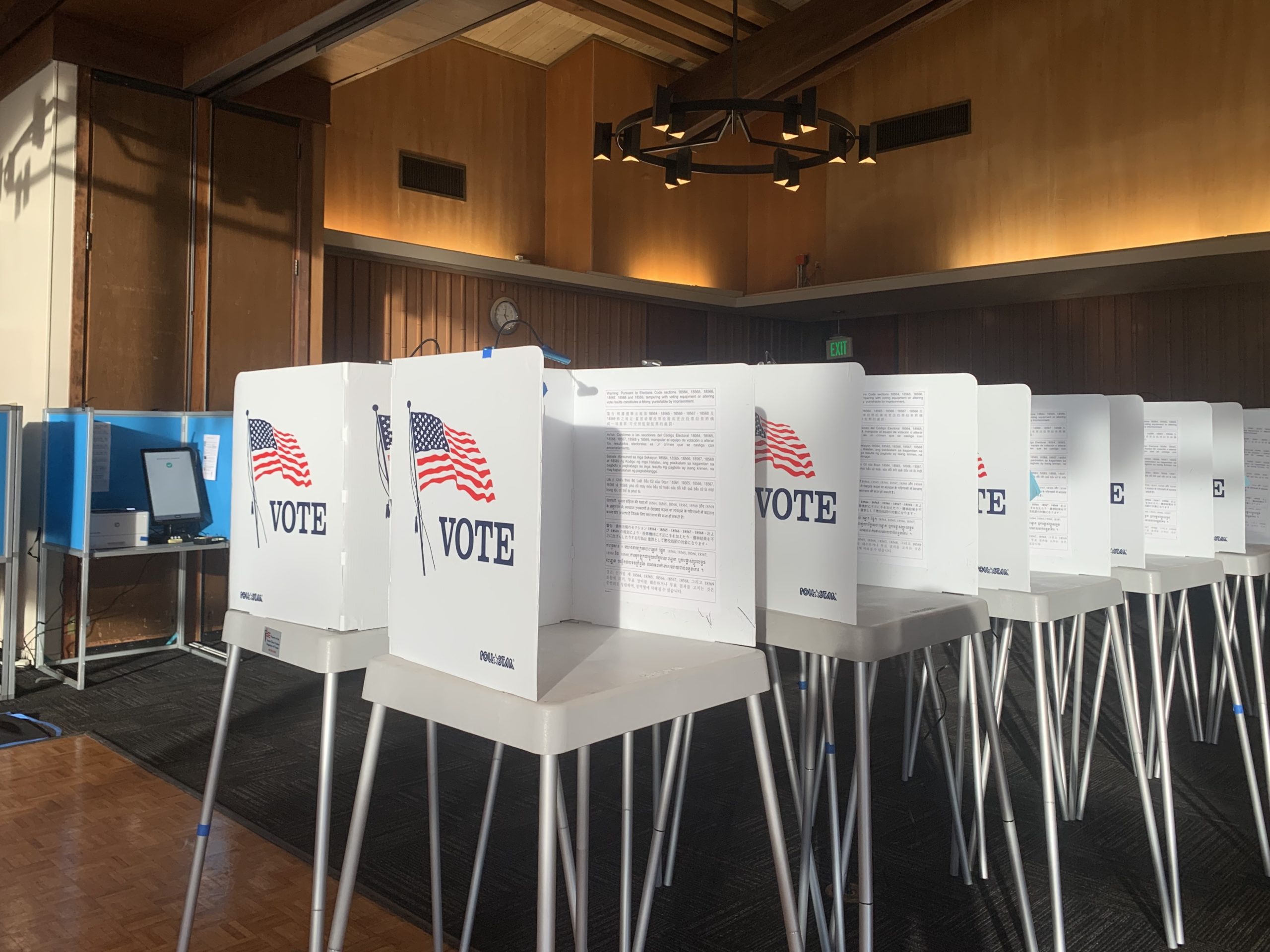On May 15, the House of Representatives passed the HEROES Act. Although the bill has bipartisan support, some issues within the bill are still dividing the two parties and causing friction between the White House and Senate Republicans.
The Act’s second round stimulus package includes additional funding to address the ongoing COVID-19 crisis in the United States. While the CARES Act provided stimulus checks and helped in this effort, that funding failed to include students and the undocumented community. The HEROES Act aims to be more inclusive by providing funds to both of these groups, as only a taxpayer ID will be required to claim one’s check. The bill would also provide student loan forgiveness, housing assistance and fiscal relief to states, which will, in part, provide help to states that play an important role in the upcoming election and the future of our democracy.
This pandemic has put additional pressure on election officials to ensure that voters do not have to risk their health in order to cast their ballots. Multiple states have struggled with ensuring voter safety. For example, in my home state of Arizona, 80 polling locations closed during the primaries and some stations did not have enough PPE to satisfy the Health Department’s directive to ensure a safe voting environment. When the county recorder announced that he intended to mail ballots to every eligible voter’s home, his attempts were blocked by the Arizona secretary of state. Residents of other states also face an array of voter suppression strategies. The recent anniversary of Shelby County v. Holder serves as a reminder that Native Americans and other minority groups face multiple obstacles due to ID requirements, limited polling stations and nontraditional home addresses that complicate mail-in voting.
Five states (Colorado, Hawaii, Oregon, Utah and Washington) are most prepared to weather the effects of this pandemic on voting since their elections are all being conducted entirely by mail. For example, Colorado’s recent primary had an increased turnout with 99.3% of the voters using voting by mail. States like these are a shining example of the fact that mail-in voting should be expanded, in spite of the concerns from the Trump Administration that it leads to voter fraud.
The HEROES Act calls for $3.6 billion in funding for polling stations and safety protections. In addition, it would require that all states make no-excuse absentee ballots available to all voters and would expand online/same-day registration, as well as early in-person voting. Early voting and online voter registration are two key elements that need to be expanded to ensure that citizens do not have to risk their health to vote. This funding would greatly help all voters, especially Black and Latinx communities, since they are being disproportionately impacted by COVID-19 and will bear heavy consequences in an unsafe electoral season.
There is a lot at stake in the upcoming election. Not every American’s right to vote is protected. Increasingly, it seems as though rights that were once protected, after years of struggle, are being overturned. Marginalized groups continue to be affected by over two centuries of systemic racism. This is why activists, protestors and grassroots organizations are currently fighting for greater reforms. Voting alone will not change the hearts and minds that influence and give sustenance to discriminatory laws and regulations, but it is an essential first step that every citizen must take. We must fight to ensure that our government does not further enable voter suppression. That is why I urge you to contact your respective Senators at 1-888-415-4527 and call on them to support the HEROES Act – for the sake of our democracy, our students and the millions of Americans facing hardship because of COVID-19.
Contact Gabriella Garcia at gmg0104 ‘at’ stanford.edu.
The Daily is committed to publishing a diversity of op-eds and letters to the editor. We’d love to hear your thoughts. Email letters to the editor to eic ‘at’ stanforddaily.com and op-ed submissions to opinions ‘at’ stanforddaily.com.
